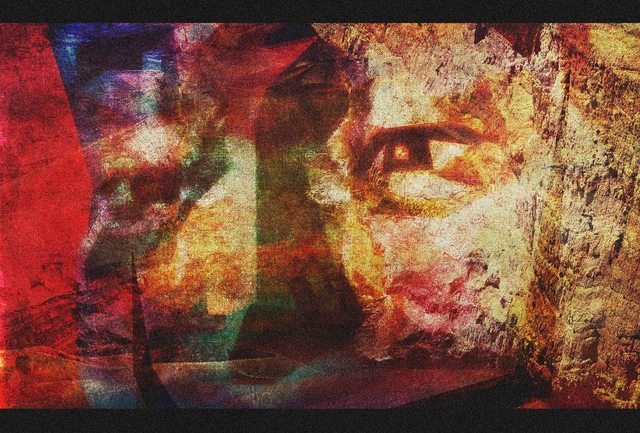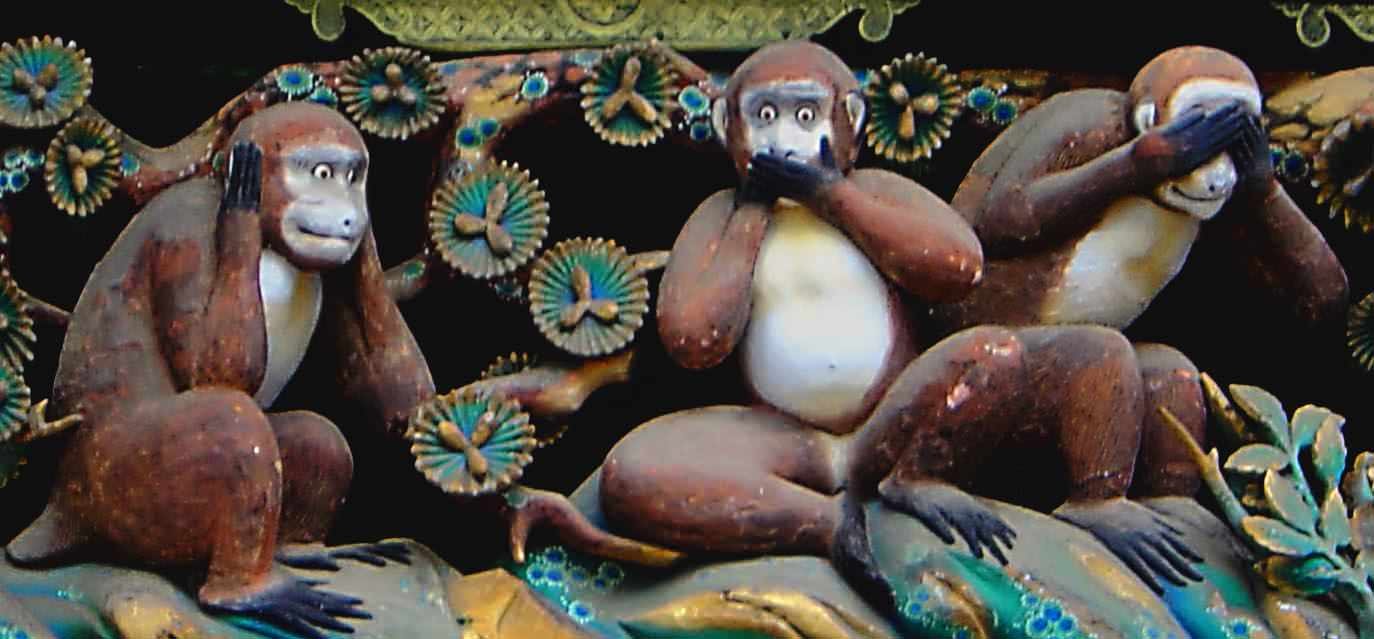
Several years ago, one of my students approached me asking for a letter of recommendation to add to his college application. As a high school teacher this wasn't an unusual request of me; what was unusual was the student who asked. I'll call him Thomas.
Thomas sat in the back of my classroom, usually leaning back in his chair, arms crossed. Sometimes, as I walked the classroom while students worked, I would catch him with his arms outstretched on the desk, head down, eyes closed. I'm not a big fan of public shaming to motivate students, so I'd discreetly tap on his desk to wake him. He wasn't an obstinate student, so he would just pick up his pencil and get back to work.
While Thomas was usually rather passive in class, it was during our class discussions that he came to life. Thomas loved to disagree. Whether with me or another student, Thomas would find a contrarian position and hold fast to it. While he was never disrespectful, he annoyed a lot of other students in class - especially those students that knew the "right" answers. I spent quite a bit of time soothing his frustrated peers and using Thomas' comments to facilitate further discussion, opening up new avenues of thought. You see, despite Thomas' unending supply of disagreements, he always had good points. His comments were reasonable and well-thought-out, even if they were opposed to public opinion. Every once in a while, I'd give him a pat on the back or shake his hand on his way out of class and thank him for his participation.
The school year marched on, as they always do, and Thomas continued through the year being, well... Thomas. Of course, his final term paper was as controversial and well-defended as usual. There was something about Thomas I really liked, and when the year came to a close, I knew that I would miss him the following year.
It was the next fall that Thomas approached me in the halls one morning and told me that he was applying to Harvard and wanted a recommendation from me. The request came out of nowhere, and I was both surprised and flattered. While happy to write him a recommendation, I wondered why he chose me, out of all his teachers.

Looking Below the Surface
There's a phrase used in education that represents what's happening here: a "hidden curriculum." In general, you can define a curriculum as the decisions and tools that provide direction for a course of study: including textbooks, technology, standards and goals, assessments, and general expectations for how a classroom operates.
Curriculum is a part of the design for a class. All of the above examples are carefully chosen or crafted to maximize learning for all students. Decisions are made on books and resources, governing bodies decide what standards students should achieve, and teachers create syllabi and rules for a classroom setting so all are aware of the expectations. These things are done purposefully, with the intention of benefiting the overall learning environment.
A hidden curriculum, by contrast, are patterns of practice that are unintentional yet still have an affect on the class and the learning process. It is related to the atmosphere and climate, something that is caught by by students, more than taught.
Because these hidden practices are unintentional and unassessed, they are often more likely to have a negative effect on a classroom.
As an example, Fairfax County, Virginia made national news when a research team found evidence of racial discrimination when hiring teachers. The study found that black applicants were much less likely to be hired for teaching positions, while those same applicants were more educated and had more experience, on average. ("Study of Fairfax County schools finds discrimination against black teacher applicants" - Washington Post). Imagine what these schools are like in the classrooms, when discrimination is apparent even at the level of staffing!
While it is extremely unlikely that hiring boards were consciously deciding to not hire applicants because of their race, unassessed prejudices have a decided effect on people's decisions. The study mentioned above seems to indicate that those hiring decisions are now uncovering a "hidden curriculum" of discrimination.
However, sometimes a hidden curriculum brings unexpected benefit to the classroom. My story above is a case in point. As I spent time evaluating why Thomas came to me for a recommendation, I realized that he felt safe with me; he trusted me. I didn't consciously set out to create a welcoming atmosphere for Thomas' debates; it wasn't in my syllabus or lesson plans. I didn't spent time planning out my responses to Thomas, carefully crafting points and counterpoints. I just responded by allowing Thomas a voice in the classroom, even when his voice wasn't welcomed by everyone. That was my hidden curriculum: everyone should have a voice, a fair chance to share their perspective with others.

A Hidden Curriculum Shouldn't Remain Hidden
It isn't just schools that have hidden curriculum, but also businesses, families, sports teams, governments - anywhere there is both community and expectation. There are decisions made, priorities set, expectations laid out - and each of these have both overt and unassessed purposes. These hidden places can be filled with prejudices, but they can also be filled with generosity and compassion. But whatever the case, they should not remain hidden.
Because we are human and there are so many complex and competing desires going on within, there will always be hidden curriculums. All persons have underlying desires that remain below the surface, unevaluated. These areas of the subconscious were explored by psychologists such as Freud or Jung, looking for ways to bring light to these places of psychological darkness. In making the subconscious conscious, we are able to find control over those motivations; they do not continue to have a hidden power over us.
This is the goal with hidden curriculum, whether in an educational classroom or an office work environment. We should be on alert for the things people catch from us and our community, both positive and negative, and determine whether these are things we still want in place. We must bring our hidden curriculum to the forefront, and then decide whether it should be formalized with intention and purpose, or disposed of as a hindrance to the community.
After my experience with Thomas, I saw more clearly the kind of environment I wanted to create in my classroom. I wanted openness, vulnerability, critical thinking, various perspectives. Because I could now see these qualities, I made them a part of my curriculum. I put these goals in my syllabus; I talked about them before class conversations; I reinforced them through encouragement of my students. My hidden curriculum was hidden no longer.

Come join us on Discord! https://discord.gg/7qyarFD
